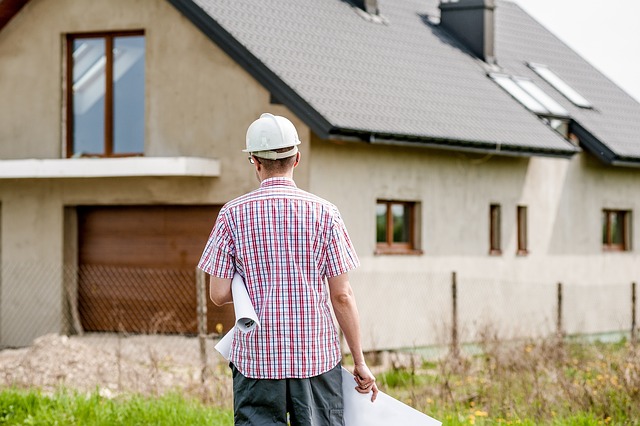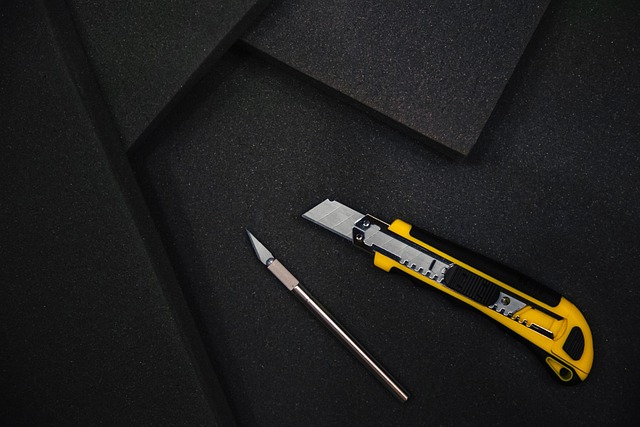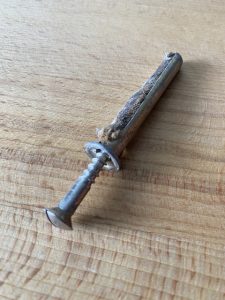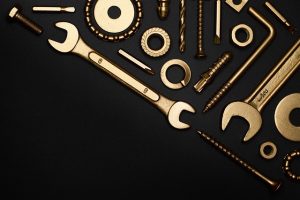Mastering HVAC Maintenance and Repair for Peak Home Climate Efficiency
Maintaining your HVAC system through regular upkeep and prompt repairs is central to effective home…….

Maintaining your HVAC system through regular upkeep and prompt repairs is central to effective home climate control and is a key aspect of broader Home Repair and Maintenance practices. Regularly scheduled inspections by professionals ensure the system operates efficiently, conserves energy, and reduces utility costs while extending its lifespan. Homeowners should monitor their systems for signs of trouble, including unusual noises, inefficient heating or cooling, high energy usage, and poor air quality—all indicators that may necessitate professional intervention. Addressing issues early helps prevent minor problems from escalating and aids in maintaining optimal indoor temperatures. Additionally, simple tasks like adjusting thermostat settings, sealing air leaks, and replacing filters every 1 to 3 months contribute to the system's performance. A service agreement with an HVAC company for bi-annual maintenance is beneficial for safeguarding against system malfunctions. By adhering to these maintenance strategies, homeowners can ensure their HVAC systems work efficiently, providing comfort and potentially lowering energy expenses as part of a comprehensive Home Repair and Maintenance approach.
Navigating the complexities of HVAC systems can seem daunting, yet mastery over home climate control is essential for both comfort and efficiency. This article demystifies the process with a focus on maintenance and repair best practices. Whether you’re facing common issues like thermostat malfunctions or more intricate problems such as refrigerant leaks, our comprehensive guide empowers you to maintain your HVAC system effectively. We also outline a step-by-step approach for DIY repairs, coupled with the wisdom to know when professional intervention is necessary—ensuring your home’s climate control operates at its finest.
- Understanding HVAC Systems: A Comprehensive Guide to Maintenance and Repair for Efficient Home Climate Control
- The Art of Effective HVAC Maintenance: Best Practices for Keeping Your System Running Optimally
- Tackling HVAC Issues: Step-by-Step Approach to Common Repairs and When to Call a Professional
Understanding HVAC Systems: A Comprehensive Guide to Maintenance and Repair for Efficient Home Climate Control

Maintaining and repairing your home’s HVAC system is a critical aspect of efficient climate control, ensuring comfort and safety year-round. A well-maintained HVAC system operates at peak performance, reducing energy consumption and costs while extending the lifespan of the equipment. Regular maintenance involves inspecting and cleaning or replacing filters, checking for refrigerant leaks, examining electrical connections, and lubricating moving parts to prevent wear and tear. It’s imperative to perform these tasks routinely, ideally before the start of each heating and cooling season, to avoid unexpected breakdowns and ensure consistent temperature control within your home.
When issues do arise, prompt and accurate repair is essential. Homeowners should be familiar with common signs that indicate a problem, such as unusual noises, inefficient heating or cooling, high energy bills, and poor air quality. Addressing these issues quickly can prevent minor malfunctions from escalating into costly repairs or replacements. For repairs, it’s advisable to enlist the expertise of licensed professionals who possess the necessary skills and tools to diagnose and fix problems effectively. They can provide a comprehensive assessment, recommend appropriate maintenance schedules, and offer insights on energy-efficient upgrades that align with your home repair and maintenance goals. Regular upkeep and timely repairs will not only enhance the performance of your HVAC system but also contribute to a healthier living environment.
The Art of Effective HVAC Maintenance: Best Practices for Keeping Your System Running Optimally

Regular upkeep of your HVAC system is pivotal for maintaining its efficiency, longevity, and effectiveness throughout its lifespan. Home Repair and Maintenance practices are critical in this regard, as they can significantly influence the overall performance and reliability of your heating and cooling units. To begin with, scheduling routine checks and cleaning with a qualified HVAC technician is non-negotiable. These professionals will inspect and clean components such as air filters, coils, and condensate drains to ensure optimal function. Clearing away debris from outdoor units and ensuring proper insulation around them also contributes to energy efficiency. Homeowners should also monitor the system’s performance, listening for unusual sounds or observing unexpected smells, which may indicate potential issues requiring attention.
Furthermore, proactive measures like adjusting thermostat settings, sealing air leaks, and maintaining clearance around the HVAC equipment can enhance its operation. It’s also wise to invest in a service agreement with an HVAC company for semi-annual maintenance visits. This ensures that a professional will systematically inspect your system twice a year, which can catch minor problems before they escalate into costly repairs. Regularly replacing filters every 1 to 3 months during heavy use periods is another key practice in the Art of Effective HVAC Maintenance. By adhering to these best practices, homeowners can rest assured that their HVAC system will operate at peak performance, providing a comfortable living environment while also saving on energy costs.
Tackling HVAC Issues: Step-by-Step Approach to Common Repairs and When to Call a Professional

When confronted with HVAC issues, a systematic approach can ensure effective resolution and maintain optimal home comfort. Regular maintenance is key to preventing malfunctions; it involves inspecting, cleaning, or replacing filters, checking for leaks in ductwork, and ensuring that all components are functioning as intended. Homeowners should perform routine checks to catch minor issues before they escalate, such as strange noises, unusual smells, or a lack of heating/cooling efficiency. If anomalies are detected, it’s often possible to address common repairs independently, like replacing a thermostat battery, cleaning an indoor unit, or fixing a tripped circuit breaker. However, for more complex issues such as refrigerant leaks, electrical faults, or major component failures, professional HVAC technicians should be consulted. Their expertise and specialized tools can safely and effectively resolve these matters. When in doubt, prioritizing the services of a qualified professional ensures that the job is done correctly, thereby extending your system’s lifespan and preserving the quality of your home environment. Regular maintenance and prompt repairs are pivotal for the longevity and performance of your HVAC system.
Regular upkeep of your HVAC system is not just about maintaining comfort within your home; it’s an investment in energy efficiency and longevity. The comprehensive guide and detailed steps provided in this article underscore the importance of understanding your HVAC system for effective maintenance and repair, ensuring that your climate control operates at peak performance. By embracing the best practices outlined for upkeep, you can prevent many issues before they escalate, thereby avoiding costly repairs and extending the life of your system. When complications do arise, this guide empowers you with knowledge to tackle common problems or recognize when it’s time to call in a professional for home repair services. Remember, taking proactive measures in HVAC maintenance and repair leads to a more efficient home environment and significant savings over time.







